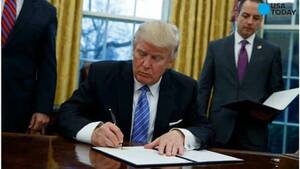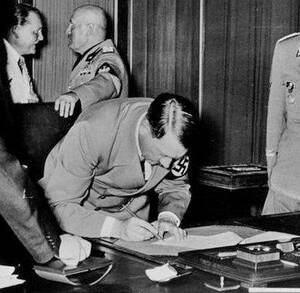Intolerance dates from June 2014 – the subject continues with Woke, BLM and ongoing issues in 2021
After my excursion into religion last week I did think of writing on a less controversial subject like gay rights or paedophilia. This week’s headlines have been dominated by the events in Iraq whilst Ukraine nervously continues. Elsewhere, the impact of missing girls in Nigeria has not gone away nor has the continued fighting in Afghanistan even if it is now local troops fighting rather than American or UK troops, or the other NATO forces that have been deployed there and shed their blood as well. As with Iraq, coalition forces will soon have departed and we can fully expect Afghanistan to return to its historical state of occasional tribal warfare. The Pakistan forces have just launched a major offensive.
All of the conflicts have one thing in common – religious intolerance. Just as my previous blog attracted some comments it does not mean I shall give up on my view in that all religions behave appallingly, given half the chance, and yes I do include Christianity in that view. This time I am not focusing on historical inaccuracies or whether the Bible say this or that or the Koran , Torah, and onward into whatever belief system or set of rules that for one reason or another the individual believes is the truth.
One thing is clear they cannot all be right, they cannot all have their version of God and religious duty. At the moment the conflict spreading from Syria to Iraq is between different branches of Islamic faith, Sunni and Shia. With perhaps the ISIS or ISIA forces another version of Sunni. Once Europe was full of competing version of Protestants and Catholics, helped by tribal rivalries amongst warring families so to see the Islamic faith fighting their wars should not be surprising.
Then we have on-going issues between in Muslim, Sikh and Hindu faiths in India.
The common factor is religion, not resources for a change. Organised religion as a proxy for the power of individuals. Whether it’s a leader in Iran, Saudi, Syria or or the never-ending fight of the Jewish faith and Arbia still seen in the battles over the future of Israel and Palestine. It was not that long ago that Hammas and Hezbolah were taking their fight onto the streets of what passes for a modern city in Palestine.
Compare and contrast these activities with more secular liberal societies. Has Western Europe become immune to religious tension. Certainly on the scale seen in other nations. The argument falls down where we have Syria and Lebanon. Both partially secular on the surface. Assad’s regime was and is oppressive but there did appear to be some religious freedom.
1960’s Lebanon was seen as a typical Mediterranean European-like city before it descended into chaos which thanks to the activities of Syria and Israel (expelling Palestinians) remains on the precipice of civil war.
What of the role of West in all this, the West a loose term for the alliance of USA and it’s allies. Falsehoods led to the second war in Iraq. The world’s moral indignation after 11th September 2001 has been lost. Instead of concentrating on fixing Al Qaeda and the Taliban in Afghanistan. Iraq was attacked and Afghanistan ignored until it was too late. Just like Afghanistan was ignored after the Soviet Union left until the Taliban were firmly in charge.
Now we have nations whose idea of the rule of law is secret courts and mass surveillance of their own citizens using carefully worded statements to explain how they comply with a law. We have had secret rendition, we still have Guantanamo and even here in the UK we need the new Supreme Court to tell us whether a trial, for the first time in our legal history, can be held completely in-Camera. Is this the freedom we believe we want. Judging by the lack of outrage ot these events I suppose it is. I looked at the Newspaper headlines today. There were more stories about the sex lives of minor celebrities and various free offers than there were about any of these issues.
Judging by the number of people who bother to vote in the UK approx 30% in the latest local and Euro polls and approx 60% in last general election. No one cares. The scandal of MP expenses rumbles on but virtually all of the MPs were returned at the last election just because they wore a particular rosette. The average MP is elected with 35% of the vote from 60% of the electorate who bother to turn out. Democracy in action but at least it’s better than a religious dictatorship, although it’s no guarantor of freedom of expression, religion or action and as for equality don’t get me started.



